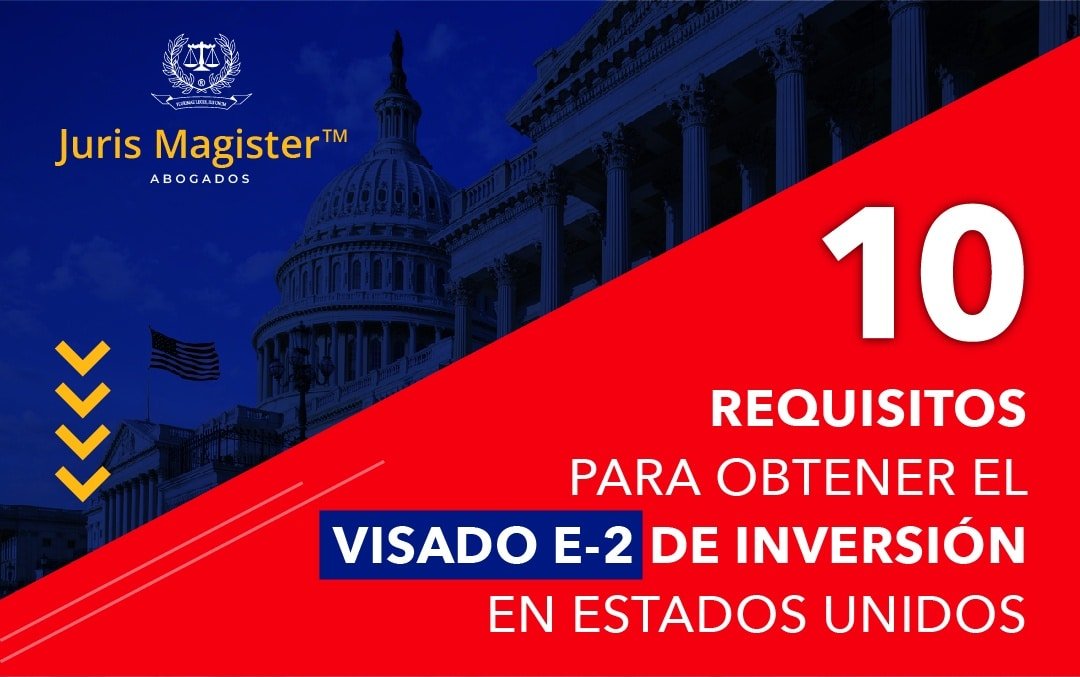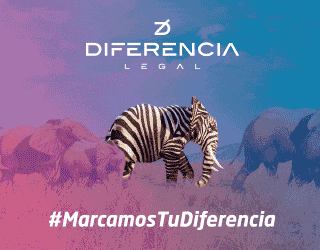On the occasion of this achievement, we interviewed the head of the WCA Professional Certification area, Carlos Cambrón, a graduate from Universitat Autònoma de Barcelona and a specialist in Business Law and Compliance, about the importance of being certified in Compliance and its many benefits.
1. What is the professional certification for?
Professional certification is the process that allows measuring the knowledge of a professional. That is, the certification bodies evaluate, measure, investigate and conclude whether the candidates meet certain requirements or not.
It is a seal of professional quality granted by a third party that publicly recognizes the competence and ability of an individual to apply the necessary knowledge and skills so that the expected results are obtained when carrying out a specific task or job.
In the case of the WCA, through its professional certification body, it has developed two categories: Compliance Officer and Compliance Auditor. The Compliance Officer one is accredited by the IAS (International Accreditation Service). It has become the first and only official international certification to be accredited.
2. How has this accreditation process been and what does it imply? What requirements must an accredited certifier meet?
All internal processes and procedures have been designed in accordance with the requirements of the ISO/IEC 17024 standard, a standard that applies to personal certification bodies. Despite having been a complex process, it has been possible to prove that the professional certification management system is well designed and implemented.
Regarding the requirements, the accredited certification requires passing the evaluation process with an accreditation entity, – if possible, belonging to the IAF association (International Accreditation Forum) so that it is an internationally recognized accreditation-, that checks the processes of the entity, its structure, the skills of the staff, how it ensures impartiality and many other elements included in the standard.
3. What differentiates an accredited certification from one that is not?
Accreditation is the procedure by which an authorized body, that is, an accrediting entity, grants formal recognition that a body is competent to fulfill a specific task. In our case, the certification. Therefore, the accreditation entity has sole and exclusive competence to evaluate organizations that perform a conformity assessment. If that assessment is positive, a favorable declaration is made saying that the organization is competent to do so.
An accredited body is, without a doubt, an endorsement and a guarantee for the candidates and offers them much more credibility against another entity that is not accredited. It is, in short, that an independent third party evaluates how the certification entity carries out the service it offers, therefore, it is confirming that this entity has the appropriate competence, is impartial and is objective. In other words, it complies with the fundamental pillars of quality service.
There are numerous certification bodies. However, they are accredited, very few, and at an international level, none.
4. Who can apply for this certification and what benefits will they obtain?
The professional certifications of the WCA are open to any professional who meets the prerequisites established in each of the schemes. There is no restriction on it.
Being certified by a certifying body that is accredited implies a series of benefits, among them:
• Public recognition of skills at the national and international level
• Entry into the list of certified professionals of the WCA
• Recognition of the experience by an international organization
• Professional promotion
• Greater job opportunities
• Increased professional value and promotion of the professional career
• Provides confidence (and information) in the market
5. Do I have to train with the WCA to get certified?
All candidates are free to train in the place they want and where they find it most comfortable. It should be noted that, from the WCA, we do not carry out any training, as well as that we do not require that the training they carry out be in specific centers or universities. Our function is to evaluate that the training and experience provided by the candidate are in accordance with the prerequisites of our certification scheme.
6. Why do you think there is still no other international certification accredited worldwide? What does the WCA provide as a differentiating element?
The main reason is that the WCA is international. We currently have a network of professional associates linked and committed to the mission and objectives of the association, and who collaborate selflessly with public and private organizations. Our association is represented in more than 14 countries, mostly in Latin America.
This fact means that our certification has a much greater scope than any other entity with a local scope. In addition, IAS, an entity that is in the process of accrediting us, is part of the IAF association, a fact that, as I mentioned before, makes the accreditation international.
7. Is a competency certification necessary in the world of Compliance?
Currently, the figure of the Compliance officer is in regulatory limbo, despite the initiatives that we have carried out from the different Compliance associations. In this context, the vision of the WCA is clear: the professional certification for a Compliance officer is essential, and more so if in this case, it is an accredited international certification, which is an advance in the verification of skills in the professionalization of the Compliance function.
8. Why does a certification backed by an ISO standard and accreditation generate added value?
It is important to know that ISO is the most prestigious organization and an international reference used by governments, international institutions, large corporations, and others for setting international standards for development and competition. Having alliances with institutions such as the World Trade Organization, UN, or the OECD is a guarantee of being aligned with the best international practices and ensures that professionals who certify their skills with the WCA will have a certification with real value and worldwide recognition.
You can find more information about this certification here.









